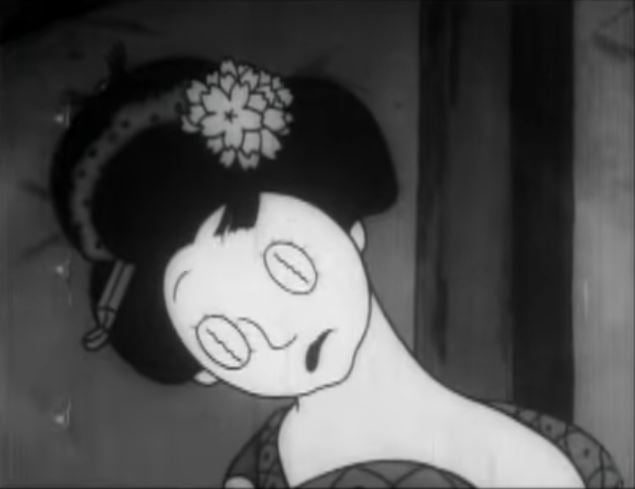This is only really true if you’re already educated. Presuming that reading and writing is something that all can do would certainly lead you to believe the dictionary had limited usefulness.
Word!
Unless that dictionary is Wiktionary.
Wiktionary is part of the same project as Wikipedia. It provides dictionary-style definitions for basically all slang terms whereas Urban Dictionary is actually terrible if you want to find the meaning of words because half the definitions are jokes while the other half define slang in terms of other slang.
Yep, ‘watermelon sugar’ is still a disputed hellhole and I feel like the UD editors make it worse by approving everything there to drive up engagement.
There’s so much clear editorialization of terms that legitimate definitions are flooded out for what’s trending at the time, so nothing is up to date, the editors scrape by for engagement, and its not useful anymore.
It’s also great for etymology! Obviously etymonline is my go-to for English, but Wiktionary has plenty of info on other languages.
If you only need to look for slang expressions, that is…
*for writing anything between a basic and intermediate reading level.
If you’re prepare to encounter lewd definitions for basically anything you search, yup, it’s great :-)
As an adult sure. But when I was a kid I loved my dictionary. I learned so many words that I might not have. And I enjoyed books much earlier than I would have.
But when I was a kid I loved urban dictionary. I learned so many words that I might not have. And I enjoyed memes much earlier than I would have.
Dank memes and good books are both an important part of childhood
And the lesser known Urban Thesaurus







